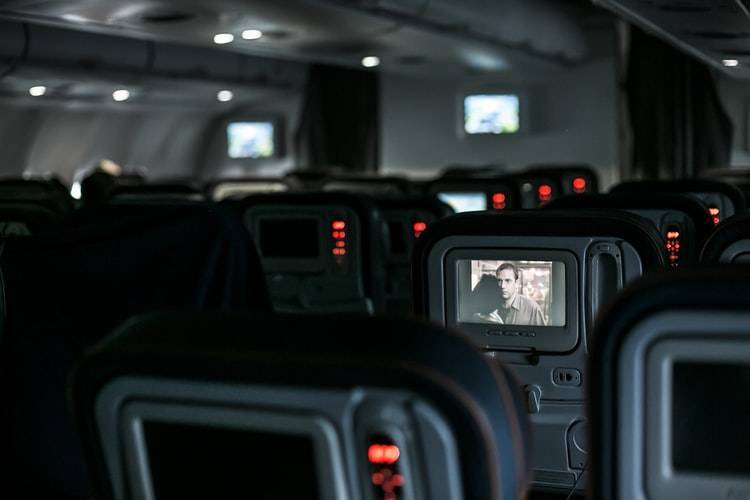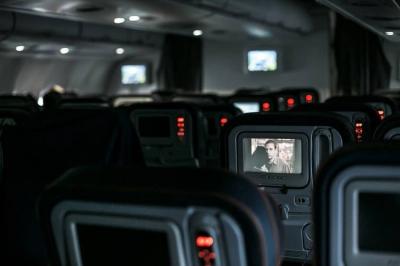A new study has found that boarding an airplane from the back to the front significantly increases the likelihood of spreading the coronavirus compared to more traditional methods, such as boarding from the front to the back. This practice has been adopted by several major airlines—including Delta Air Lines, JetBlue Airways, and United Airlines—to reduce passenger exposure to the virus. However, researchers discovered that this method may actually double the risk of virus transmission.
The research team from the University of West Florida, Florida State University, and Embry-Riddle Aeronautical University stated that the reason for this is the close contact among several passengers in the same rows congregating in the aisle while stowing their luggage in the overhead bins. This leads to a long line of people moving along the plane at the same time to store bags, rather than just a few individuals scattered throughout the aircraft during the usual boarding process, where groups board sequentially.
In the study published in the Royal Open Society Science, the team conducted over 16,000 simulations of potential boarding processes. While boarding from the back to the front limited exposure for seated passengers next to those walking beside them, it increased proximity among passengers sitting close to one another. The results indicated that this new method doubled the risk of exposure compared to random boarding and raised the risks by 50% compared to the customary pre-pandemic boarding process. This is because when passengers board from the back first, they tend to cluster together while placing their carry-on luggage in the overhead compartments.
The researchers found that gathering in the same area of the plane while trying to store luggage heightens the risk of infection. This aligns with previous studies that showed the spread of the Ebola virus on planes was linked to passengers clustering together while some waited to store their bags and take their seats.
Additionally, the study found that keeping middle seats empty also reduces the risk of infection and that if the middle seat is occupied, random boarding remains safer. To decrease boarding risks, researchers suggest that airlines prohibit the use of overhead bins for stowing luggage and recommend that window seat passengers board first, followed by those in the middle and aisle seats, according to the Daily Mail.




